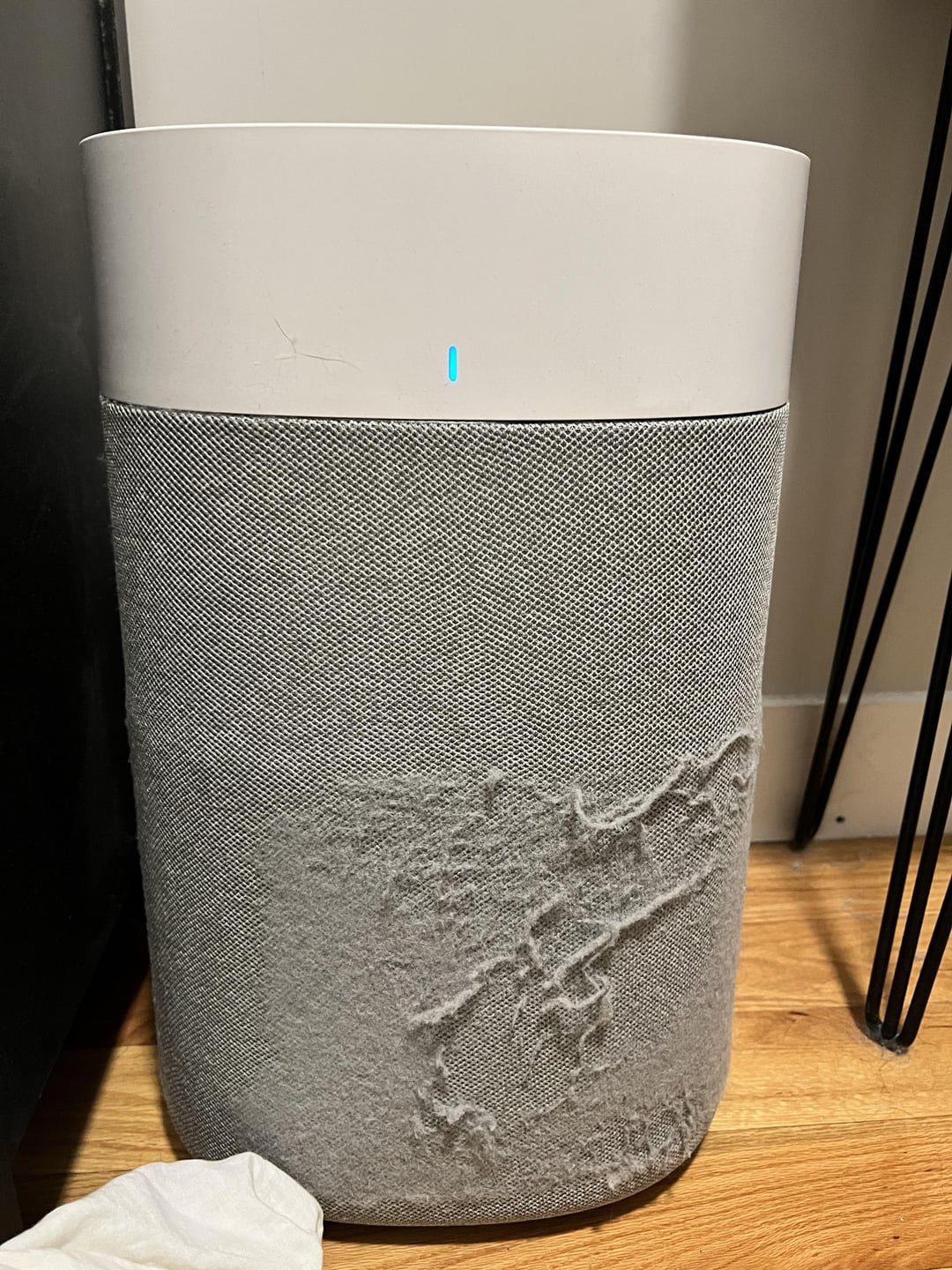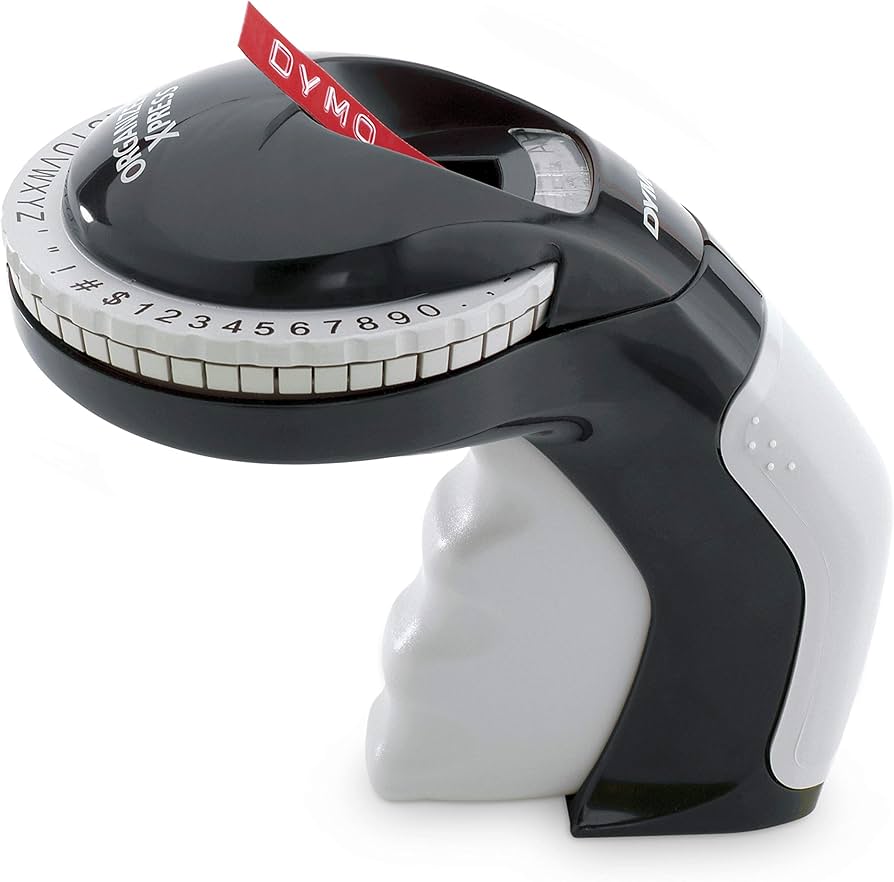Does Air Purifier Help With Dust

Does Air Purifier Help With Dust can help reduce dust in your home. They work by filtering out dust particles from the air.
Dust can be a common problem in many households. It settles on surfaces, causing allergies and respiratory issues. Many people wonder if air purifiers can make a difference. These devices use filters to capture tiny dust particles, making the air cleaner.
They can significantly improve indoor air quality, especially for those with allergies. Understanding how air purifiers function helps you decide if they are right for your home. This guide will explore the benefits of using air purifiers to manage dust effectively. Learn how these devices can create a healthier living space for you and your family.
The Battle Against Dust
Dust accumulation in homes is a common problem. It can gather on floors, furniture, and even in the air. Dust comes from many places. It includes tiny particles from skin, clothing, and pets. These particles can build up over time.
Health impacts of dust can be serious. Breathing in dust can cause allergies. It may lead to sneezing, coughing, or itchy eyes. Some people have asthma. Dust can make asthma worse. Using an air purifier can help. It can trap dust and keep the air clean.

Air Purifiers At A Glance
Air purifiers clean the air inside your home. They help remove dust, pollen, and other particles. These devices use filters to trap the bad stuff. A fan pulls air into the purifier. Then, the air passes through the filters. Clean air goes back into your room.
Some key features of air purifiers include:
- HEPA filters: These catch tiny dust particles.
- Activated carbon: This helps remove odors.
- UV light: It kills germs and bacteria.
- Quiet operation: Many run quietly while cleaning.
Using an air purifier can make your home feel cleaner. Less dust means better air for you and your family.
Types Of Air Purifiers
HEPA filters are very effective. They trap small dust particles. This helps keep the air clean.
Ionic purifiers work differently. They release charged particles. These particles attach to dust. This makes the dust heavy. It falls to the ground.
UV light purifiers use light to kill germs. They can also help with dust. The light helps clean the air.
:max_bytes(150000):strip_icc()/GettyImages-1437264927-ddde19bc9adf470e9a21563cb3e31d15.jpg)
Effectiveness Of Air Purifiers For Dust
Many studies show that air purifiers can reduce dust levels. They work by trapping particles in filters. This helps keep the air cleaner.
One study found that using an air purifier lowered dust by 50%. Another case showed a 45% drop in dust levels in homes. These results are promising for people with dust allergies.
Air purifiers with HEPA filters are especially effective. They capture tiny particles that regular filters miss. This makes them a good choice for improving indoor air quality.
Choosing The Right Air Purifier
Choosing the right air purifier starts with knowing your needs. What type of dust do you have? Is it from pets, pollen, or something else? Knowing this helps pick the right filter.
Compare different models and their prices. Some models are better for large rooms. Others work well in small spaces. Look for features like HEPA filters. They capture tiny dust particles. Check the filter replacement costs, too. This can save money later.
| Model | Room Size | Filter Type | Price |
|---|---|---|---|
| Model A | Up to 200 sq ft | HEPA | $100 |
| Model B | Up to 500 sq ft | HEPA | $250 |
| Model C | Up to 1000 sq ft | HEPA + Activated Carbon | $400 |
:strip_icc()/GettyImages-1433073197-4eef22c5b0be4a528d87e5f6091ad5dc.jpg)
Maintenance For Maximum Efficiency
Regular care for your air purifier is important. It helps to keep the air clean. Cleaning and replacing filters is a key part of this care.
Dirty filters can make the purifier work poorly. Check filters every month. Clean or replace them as needed. This keeps dust and other particles out of your home.
Regular purifier care means better air quality. Clean filters help the machine run smoothly. This is good for your health.
Additional Strategies For Dust Reduction
Regular cleaning helps reduce dust in your home. Use a damp cloth to wipe surfaces. This traps dust instead of spreading it. Vacuum carpets and rugs often. Make sure your vacuum has a HEPA filter. This type of filter catches tiny dust particles.
Clean your air vents and filters regularly. This keeps dust from blowing around. Use a microfiber cloth for dusting. These cloths pick up more dust than regular cloths. Don’t forget to wash your bedding weekly. Dust mites love to hide in sheets.
Keep windows closed on windy days. This prevents outside dust from coming in. Use doormats at entryways. They help trap dust from shoes. Remember to clean your mats often.
Personal Stories: The Impact On Quality Of Life
Many users share how air purifiers changed their lives. They often notice less dust in their homes. This helps them breathe easier. Some families report fewer allergies and sneezing. They feel more comfortable indoors.
One user said, “I can finally sleep well.” Others mention clean air leading to better health. They enjoy playing and spending time without worry.
Lifestyle changes also happen. Some people clean less often. They spend more time relaxing. Others feel safe having friends over. The benefits of an air purifier are clear.
Frequently Asked Questions
Do Air Purifiers Reduce Dust Effectively?
Yes, Does Air Purifier Help With Dust are designed to capture and reduce dust particles in the air. They use HEPA filters to trap tiny dust particles, preventing them from circulating in your home. Regular use can lead to a noticeable decrease in dust accumulation, improving overall indoor air quality.
How Often Should I Run My Air Purifier?
To maximize dust removal, run your air purifier continuously. This ensures consistent air filtration and helps maintain a clean environment. If you have heavy dust exposure, consider running it 24/7. For lighter conditions, running it during peak dust times can still be beneficial.
What Type Of Air Purifier Is Best For Dust?
HEPA air purifiers are the most effective for dust removal. They can capture particles as small as 0. 3 microns, including dust, pollen, and pet dander. Look for models that have a high Clean Air Delivery Rate (CADR) for optimal performance in dust filtration.
Can Air Purifiers Help With Allergies Caused By Dust?
Yes, Does Air Purifier Help With Dustcan significantly alleviate dust-related allergies. By removing dust particles from the air, they reduce allergens that trigger symptoms. Regular use can lead to fewer allergy flare-ups and a more comfortable living space for sensitive individuals.
Conclusion
Does Air Purifier Help With Dust can help reduce dust in your home. They trap dust particles and keep the air cleaner. This can lead to fewer allergies and better breathing. Choosing the right air purifier matters. Look for models with HEPA filters for best results.
Regular cleaning and maintenance also improve their effectiveness. Enjoy a fresher, cleaner space. A small investment can make a big difference in your air quality. Breathe easier and feel better at home.






